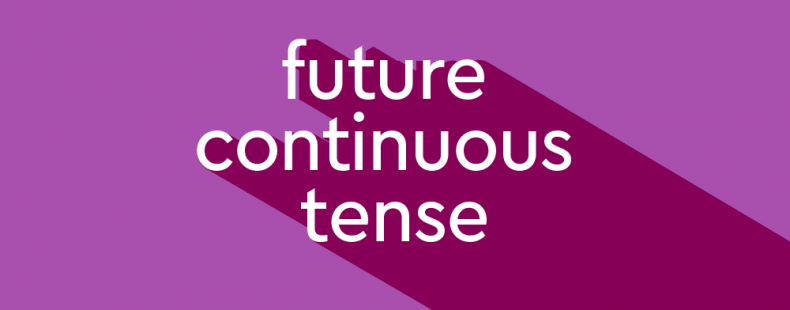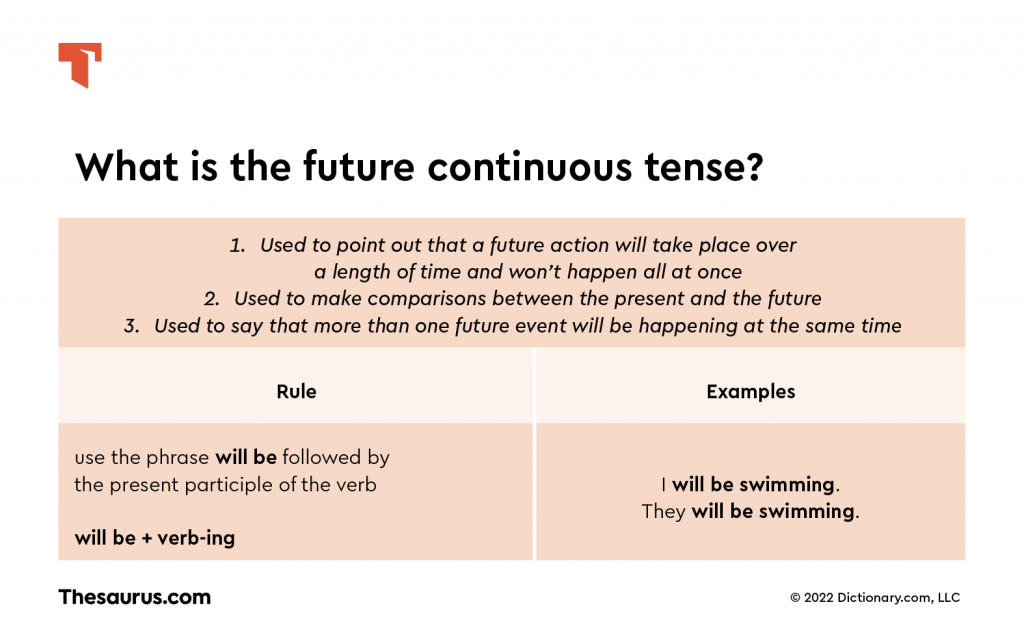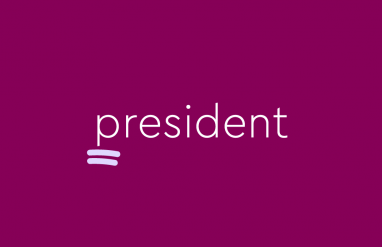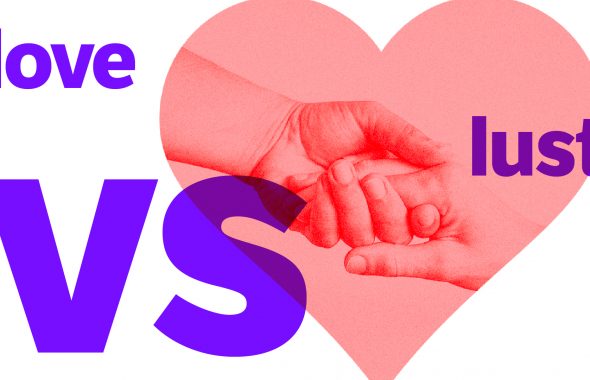After you are done reading this article, you will be patting yourself on the back because you’re so good at grammar. Before you congratulate yourself, though, take a second look at the last sentence. The main verb phrase of the sentence looked pretty unique, didn’t it? English is full of surprises, and today we will look at a particularly interesting way of using verbs: the future continuous tense.
What is future continuous tense?
The words we use to refer to actions or states of being are called verbs. In English, we use many different verb tenses when we place a verb in a sentence. The tense of a verb tells you when in time something is happening.
However, the future continuous tense does a little bit more than that. As its name suggests, the future continuous tense indicates that an action or state is going to happen in the future. This tense also indicates that a future action or state will be continuous, meaning that it will happen over a period of time. For example, the sentence Tomorrow, I will be grading final exams all day expresses the thought that you will be spending a while grading those exams.
When do you use future continuous
There are several common ways to use the future continuous tense:
1. The main reason to use the future continuous tense is to point out that a future action will take place over a length of time and won’t happen all at once. This is the biggest reason we would use it over the simple future tense. Read the following two sentences and see if you notice a slight difference in their meaning.
- Tomorrow night, the fireworks will shoot into the sky.
- Tomorrow night, the fireworks will be shooting into the sky.
It is a slight difference, but the second sentence suggests that the fireworks will be exploding for a while, whereas the first sentence suggests there will be only one instance of fireworks going off. Typically, we use adverbs or adverbial phrases to clarify that an action or state is occurring over a period of time:
- On Monday, we will be hunting ducks all morning.
- I will be shopping for tuxedos for several hours.
We can frequently use the future continuous tense and simple future tense interchangeably to express the same general idea. For example, the sentences I will work at the store tomorrow and I will be working at the store tomorrow can express the exact same thought.
2. Another common reason we use the future continuous tense is to make comparisons between the present and the future:
- I may be broke now, but I will be living the good life when I win the lottery.
- By this time next week, I will be surfing in California.
3. We can also use the future continuous tense to say that more than one future event will be happening at the same time:
- When the clock strikes midnight, we will be dancing in the streets.
- I can’t help you move tomorrow because I will be babysitting my cousins.
An important thing to remember about the future continuous tense is that, in general, we don’t typically use it with stative verbs. Stative verbs (such as like, want, or believe) express states or conditions, so it would typically be odd to use them in the future continuous tense. Instead, we commonly use the simple future tense with stative verbs.
Take a closer look at the simple future tense!
For instance, you are much more likely to hear the sentence I think television will exist in the future rather than I think television will be existing in the future. However, some verbs can be used as either a stative or nonstative verb depending on context or meaning. For this reason, you are likely to hear the sentence We will be looking at potential build sites but are less likely to hear the sentence The house will be looking nice after I clean it. With respect to the latter example, you will more commonly will encounter The house will look nice after I clean it.
❌ Incorrect: I will be being sad tomorrow after my sister leaves.
✅ Correct: I will be sad tomorrow after my sister leaves.
How to form future continuous tense
In order to form the future continuous tense, we use the phrase will be followed by the present participle of the verb. The present participle is a form of the verb that ends in -ing. For example, the present participle of swim is swimming. The future continuous tense is easier to use than the present or past continuous tense, because the verb be remains the same regardless of what the subject is. For instance:
- I will be swimming
- You will be swimming
- He/she/it will be swimming
- We will be swimming
- You will be swimming
- They will be swimming
There are no exceptions to this rule and the form remains the same regardless which person the subject is in (first, second, or third) or if the subject is singular or plural. You can see this in the following sentences that use the future continuous tense:
- I think I might cry because I heard we will be studying calculus tomorrow.
- The president will be meeting with diplomats every day next week.
- In ten days, the dance team will be performing at the talent show.
How to make future continuous tense negative
To make the future continuous tense negative, all you need to do is put the word not between the words will and be. Everything else stays the same. You can also use the contraction won’t (not “willn’t”) in place of will not.
- Thankfully, we will not be cleaning up the mess after this concert is over.
- Thankfully, we won’t be cleaning up the mess after this concert is over.
- If everything goes as planned, we will not be meeting with angry parents tomorrow.
- If everything goes as planned, we won’t be meeting with angry parents tomorrow.
- You might be smug now, but you will not be laughing after I beat you in the championship match next month.
- You might be smug now, but you won’t be laughing after I beat you in the championship match next month.
We predict perfect grammar in your future!
Improve your writing with Thesaurus.com’s Grammar Coach™, which catches grammar and spelling errors and provides Thesaurus-powered synonym suggestions. Using machine learning, this tool can spot the difference between the different verb tenses, making sure you’re using them correctly—and much more! Whether you’re writing in the past, present, or future, perfect grammar has never been easier.















